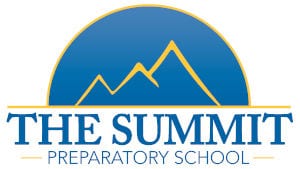The Early Learners program actively involves young children in an environment rich in learning opportunities: one that invites a child to observe, be active, make choices, experiment, wonder, create, imagine and discover.
Children at this age thrive on peer social interactions and finding a place in the group. With this in mind, we provide an environment that nurtures social skills and encourages confidence and positive self-esteem. Through active participation, children learn to work in groups and develop a sense of belonging where they share an excitement and love for learning.
Through themes and big questions, important concepts and skills in language, mathematics, science, and social studies are discovered. Providing an enriching and nurturing environment, each child can develop to his or her fullest potential by understanding and meeting the developmental needs socially, emotionally, physically and cognitively.
Language and Communication Arts
Language development is not only an important aspect of social development, but is the foundation for all learning. Language is at the core of everything we do. The language skills of three, four, and five year olds are expanding rapidly. At this age, children begin to communicate in more complex sentences and are expanding their vocabularies. Following two and three-step directions is a crucial skill learned at this stage, as is understanding explanations for first-hand experiences. Three, four, and five year olds frequently initiate conversations, but still need to practice basic rules of conversation. They are developing abilities to communicate their wants and needs to adults, work successfully with peers in cooperative learning activities, present personal experiences before a group, and ask/answer related questions.
In Language Arts, Early Learners are engaged in a language-rich environment that offers pre-reading and pre-writing activities to develop a strong literacy foundation. Through read-alouds, responses to literature, emergent writing, independent time with books, games and songs, students’ knowledge and use of reading and writing skills grow throughout the year. Importance is placed on phonemic awareness, concepts of print, phonetics, sight word recognition, and vocabulary development as well as a life-long appreciation for literature and a love of reading.
Mathematics
Early Learners are beginning to use reasoning to solve everyday problems and effectively use language to compare and describe objects and shapes. They are beginning to understand what a problem is asking, and develop a plan for solving it. Through calendars, graphs, direct instruction, exploration activities, and art projects students are exploring the world of math around them. In the classroom, we develop comprehension of numbers, recognize and name two-dimensional shapes, sort and group objects by attributes, recognize and create patterns, use position and location language, explore basic properties of numbers, use 1-to-1 correspondence, identify numbers 0-20, compare numbers and quantities, sequence time, measure objects with non-standard tools, order objects by measurable attributes, use pictorial graphs to represent information, and develop mathematical vocabulary.
Social Studies
A large focus in the Early Learners day is devoted to building relationship skills, communicating effectively, problem solving, developing responsibility for one’s self and cooperating with others. Under the year-long theme, ‘All About Me & My School’, students will explore the importance of their roles and responsibilities in the school and their family, know the similarities and differences between people, recognize and name feelings and emotions, explore family life and traditions, learn personal hygiene skills, injury prevention and safety and fundamental concepts of growth and development.
Science
Looking at building on interests and the world around us, science topics are integrated into the curriculum and allow students to explore the natural world. Hands-on activities give students opportunities to explore concepts, test ideas, and use a variety of tools to enhance learning. Students will investigate weather and seasons, sky and land, the five senses, our bodies, and what is in our backyard! Students will develop vocabulary, make predictions, observe materials, record data and share information about what they learn.
Technology
iPad and Chromebook use is integrated into the school day giving an additional avenue to reinforce concepts and skills learned in other areas of the curriculum. Students will access games, activities and age-appropriate sites and apps. Occasionally, short videos on the Internet will be used to expand classroom learning.


